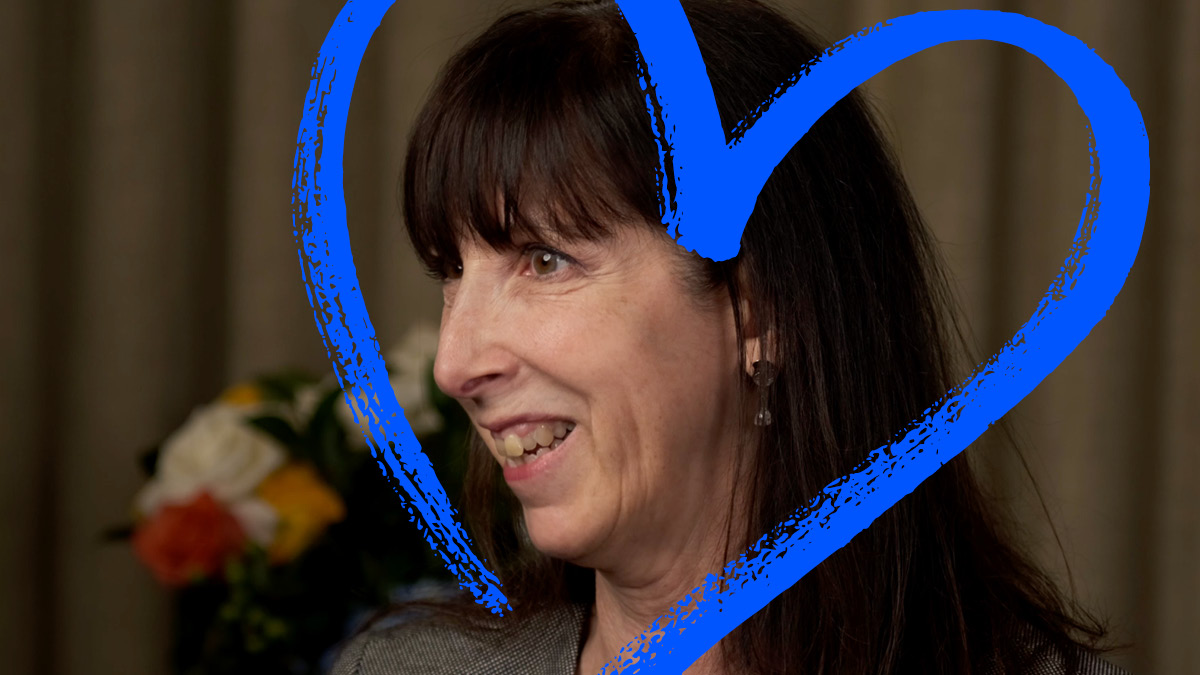JDRF Video: No Health Without Mental Health

I’m just going to say it: I’m in love with Jill Weissberg-Benchell. Why? Well, she’s a brilliant child’s psychologist. She understands what it’s like to be diagnosed with type 1 diabetes (T1D). She understands the burdens of the disease, and the burdens of the therapies and technologies that it comes with. She understands that what children need differs from what teenagers need, and what partners want for their spouses differs from what parents want for their children.
She wants people—both those with T1D and their families—to not feel isolated, but instead to feel supported and empowered to be able to manage diabetes.
Dr. Weissberg-Benchell was among the first to be involved in the JDRF psychosocial program, a JDRF initiative charged with:
- Increasing the number of and providing access to psychologists trained in T1D
- Supporting research initiatives to improve psychosocial health and outcomes for people with T1D
- Educating the T1D community about the psychosocial impact of this disease
With JDRF support, we have already “doubled the number of trained psychologists that are expert in the psychosocial aspects of diabetes in the country,” Dr. Weissberg-Benchell says, “which has been amazing.”
Hear Dr. Weissberg-Benchell talk about her research—and get introduced to many more JDRF-supported investigators—by watching the video below, and by visiting our site: Meet the Scientists.
JDRF’s funding enables promising scientists, like Jill, to focus their talent, ambition, and passion on improving life for those with T1D. Learn more about the researchers we fund, and learn how you can support their work to prevent, treat, and—one day—find cures for T1D.